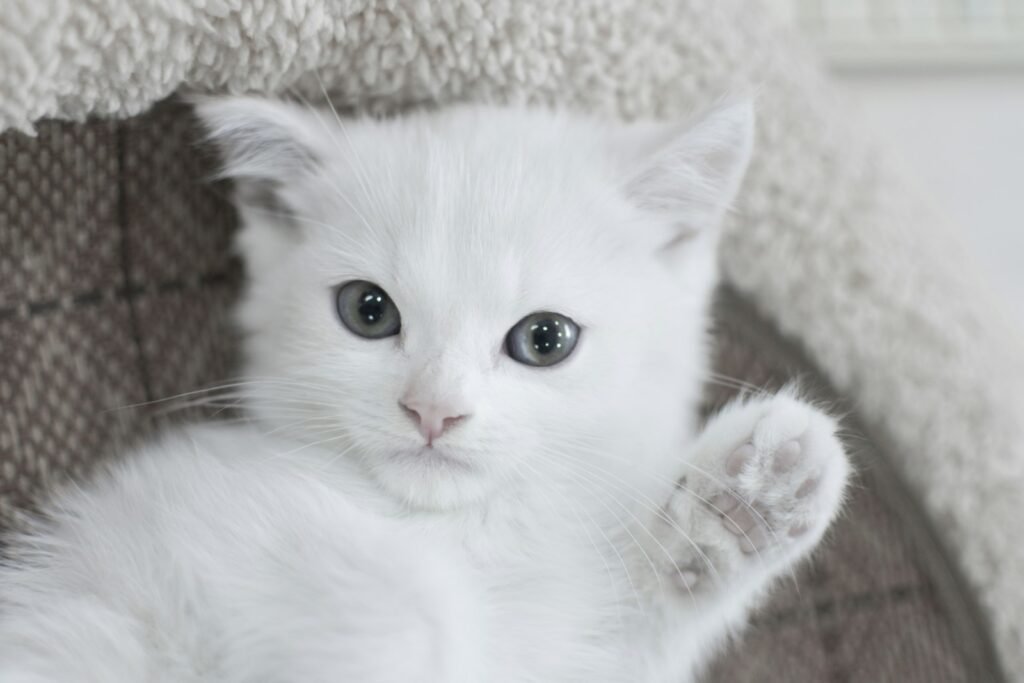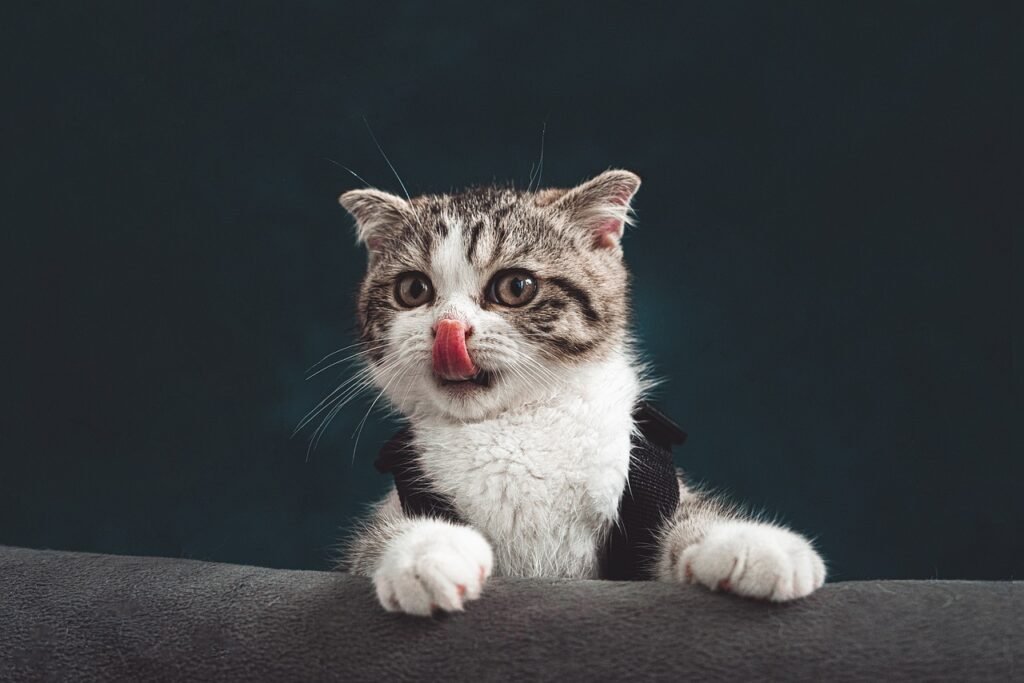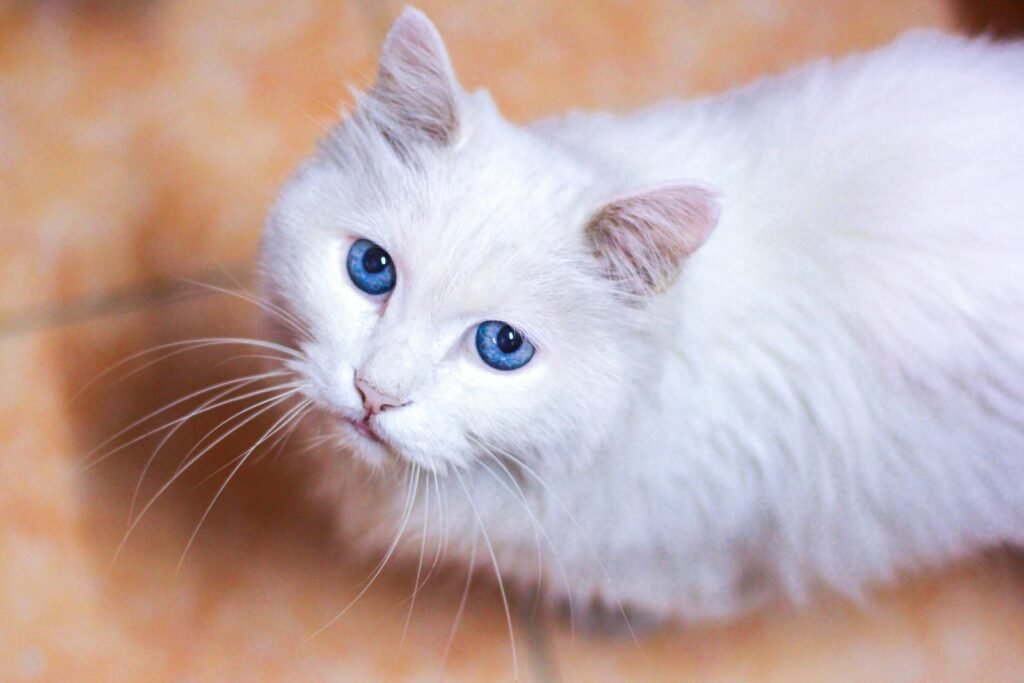Domestic cats, also known as Felis catus, have lived alongside humans for thousands of years. While their origins are rooted in the wild, where hunting was essential for survival, domestication has transformed their lifestyles. A common question arises among cat owners and enthusiasts: Can domestic cats live happily without hunting? This article examines the intricate connection between cats and hunting and explores whether a fulfilling life is possible without it.
The Evolutionary Background of Cats

Cats are natural hunters. Their ancestors were solitary nocturnal predators that relied on keen senses and stealth for survival. This evolutionary background shaped their instincts and behaviors, from stalking and pouncing to hoarding prey. Understanding this background is crucial to appreciating their instinctual need to hunt.
Domestication and Lifestyle Changes

Over time, cats were domesticated primarily for their pest control abilities. This shift altered their lifestyle dramatically. While their ancestors roamed free in search of food, modern domestic cats frequently live in controlled environments where food is readily available, reducing the necessity of hunting.
Instinctual Behaviors in Domestic Cats

Even when food is plentiful, domestic cats often exhibit hunting behaviors. These instincts manifest through play, where they stalk, chase, and pounce on toys or even shadows. Such behaviors are remnants of their ancestral hunting tactics and reveal that the instinct to hunt is hardwired into their DNA.
The Role of Play as a Substitute

Play is an essential outlet for fulfilling a cat’s instinctual drive to hunt. Interactive toys that mimic the actions of prey provide mental and physical stimulation. These activities not only satisfy their hunting instinct but also offer exercise, preventing obesity and other health problems common in less active cats.
Environmental Enrichment Strategies

Creating an enriching environment is crucial for a cat’s happiness in a hunting-free lifestyle. This includes incorporating elements like climbing trees, scratching posts, and puzzle feeders that can challenge their problem-solving skills. Such environments cater to their instincts and promote a more engaging daily routine.
Social Interaction and Human Companionship

Unlike their wild predecessors, domestic cats often form strong bonds with humans and other pets. These relationships provide positive interactions and enrich their lives. Regular engagement through petting and play can compensate for the lack of hunting, offering comfort and contentment.
Addressing Nutritional Needs

In the wild, hunting provides not just physical activity but also nutritional fulfillment. Domestic cats need a balanced diet tailored to meet the unique requirements of obligate carnivores. Nutrition-focused care ensures health, vitality, and longevity, making up for any dietary advantages lost from hunting.
Stress and Behavioral Issues

A lack of stimulation and engagement might lead some domestic cats to experience stress, anxiety, or behavioral issues. Recognizing signs such as excessive grooming, aggression, or attention-seeking behaviors enables early intervention. Improved enrichment and routine changes are often effective solutions.
Do All Cats Adapt Equally?

Each cat is unique, with distinct personalities and needs. Some cats readily adapt to a hunting-free lifestyle, while others may struggle. Understanding individual temperament and preferences is key to ensuring that each cat finds happiness in its environment.
Conclusion

While the instinct to hunt remains integral to a cat’s nature, domestic cats can live happily without hunting if provided with proper care. Enrichment through play, a stimulating environment, and social interaction all contribute to a fulfilling life. By nurturing their innate behaviors in alternative ways, owners can ensure their pets thrive in a modern, domesticated setting.
In conclusion, with mindful attention to their needs, domestic cats can lead full and content lives without engaging in traditional hunting. Through understanding and addressing their instincts, owners pave the way for a harmonious coexistence between these fascinating creatures and the homes they inhabit.

Growing up traveling and experiencing new cultures and wonders, I have had a passion for nature, adventuring, photography, and videography. I am currently working towards a BSc in Biodiversity and Ecology at Stellenbosch University, and I hope to specialise in Marine Sciences one day.
Please send any feedback to Feedback@animalsaroundtheglobe.com






